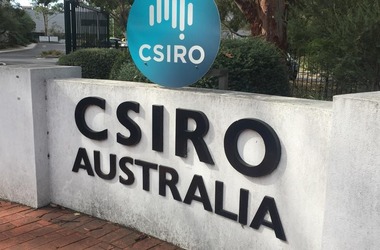
Dubbed Red Belly Blockchain and developed by CSIRO’s technology division Data61 and the Concurrent Systems Research Group (CSRG) from the University of Sydney, the set-up was validated across 1,000 nodes in 14 nations in the Americas, Asia Pacific and Europe.
CSIRO claimed “the benchmark was set by sending 30,000 transactions per second from different geographic regions” with an median delay of three seconds, pointing it was the agency’s initial blockchain validation in a global setting.
The objective of the arrangement is to resolve the common problem of scalability among main blockchains by utilizing a substitute consensus algorithm instead of the proof-of-work protocol embraced by public networks such as Bitcoin.
According to a document published by the CSIRO and the University of Sydney, the team has shifted to an altered algorithm called deterministic byzantine consensus. The plan, based on the paper’s explanation, is to permit the network to complete exchanges after getting a threshold of messages instead of having to pause for affirmations from nodes that are sluggish.
Dr. Vincent Gramoli, a senior researcher at Data61 and head of the CSRG, said
“Real-world applications of blockchain have been struggling to get off the ground due to issues with energy consumption and complexities induced by the proof of work. The deployment of Red Belly Blockchain on AWS shows the unique scalability and strength of the next generation ledger technology in a global context.”
The trial comes at a instance when the science group is also functioning with IBM to build what’s been called the Australia National Blockchain.